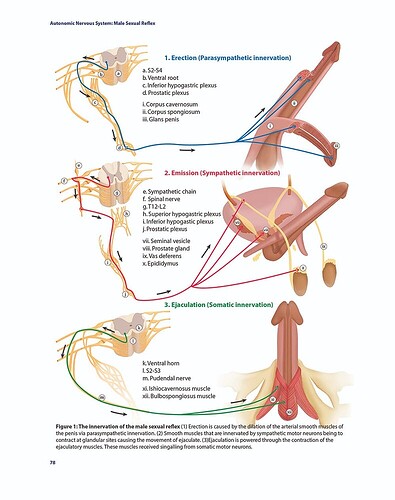Of course it does
The concept of a “male reproductive system regenerator” is not a reality as of my last update in September 2021. However, if such technology were to be developed in the future, potential benefits could include:
-
Fertility Restoration: It could help restore fertility in men who are unable to conceive due to various reasons, such as age, illness, or genetic factors.
-
Treatment of Infertility: For men struggling with infertility issues, a regenerator could provide a non-invasive or less invasive treatment option, improving their chances of having biological children.
-
Treatment for Erectile Dysfunction: If the technology also addresses issues like erectile dysfunction, it could enhance the quality of life for men experiencing such problems.
-
Reversal of Sterilization: Men who have undergone sterilization procedures (vasectomy) might have the option to reverse it, regaining their ability to father children.
-
Improving Sperm Quality: It could potentially enhance the quality of sperm, leading to healthier pregnancies and reducing the risk of certain genetic conditions.
-
Supporting Assisted Reproductive Technologies: For couples undergoing in vitro fertilization (IVF) or other assisted reproductive technologies, improved male reproductive health could increase the success rates of these procedures.
-
Psychological Well-being: Knowing that there are effective treatments for reproductive issues could reduce the psychological stress and anxiety associated with male infertility.
-
Advancements in Research: Studying the regenerative process could lead to a better understanding of reproductive biology, potentially opening doors to more innovations and treatments in the field.
It’s important to note that these potential benefits are speculative and would depend on the actual capabilities and limitations of such a technology, should it ever be developed.






